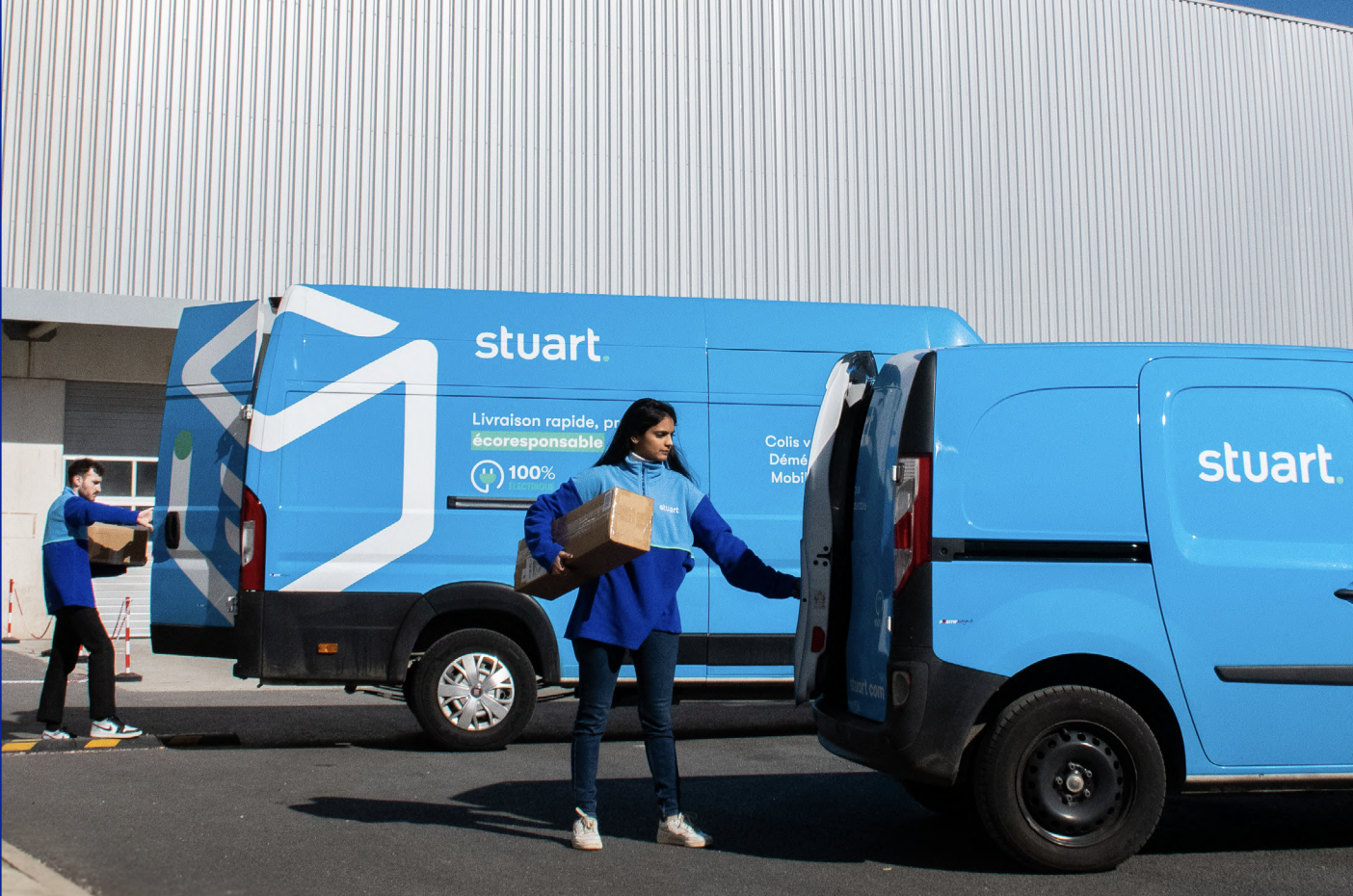To stay ahead of customers’ expectations in the constantly evolving world of ecommerce, retailers need to deliver an impeccable and consistent experience at all touchpoints of a purchase journey. Françoise Darimont, PFSweb’s Transport and Customs Manager, explains why what occurs in the final mile can leave a lasting impression
LOGISTICS IS a critical success factor for retailers, as it can make or break a brand. If the delivery or returns experience doesn’t match up to what the customers encounter on the website or in the store, it can have a lasting negative effect on their loyalty.
Today’s consumers are savvy and expect to have the ability to buy whatever they want, whenever they want, wherever they want. As options such as click and collect, ship from store, buy online and return to store are becoming standard features of the ecommerce experience, how can retailers differentiate themselves in the area of logistics, other than by offering faster and cheaper shipping? Providing information (what we communicate and how we communicate to end-users) and flexibility (enabling end-users to be in control of their package) can be
key differentiators.
Real-time access to information
As the complexity of the supply-chain industry increases, the importance of information flow also increases. Retailers need to focus on the availability and quality of the information they provide to their customers throughout the whole delivery or returns process. Customers expect to be able to keep track of the progress of their order, through clear and accurate real-time status updates, for their own peace of mind and to identify any potential delivery failures.
A proactive approach
Not only should retailers provide this type of information, they should also proactively inform the customer on the progress of their order. This approach often makes shoppers feel as though they are being personally cared for by a brand and can thereby drive customer loyalty. Even elite online retailers experience delivery issues from time to time but the ability to identify delayed or partially shipped orders helps to alert their customers more quickly, thus reducing the number of complaints and customer enquiries.
Flexibility and ownership
Alongside communication and information, another key element is to offer flexibility to the end-users on the last mile touchpoint where, for instance, they have the possibility to reroute their package to an alternate home address or drop-off point, or choose a preferred delivery date (or timeslot) for their convenience.
Managing expectations
Finally, setting realistic expectations for your customers can limit frustrations. Avoid promising more than you can realistically deliver as this can affect customers’ confidence in making future online purchases and make them feel valued.
Keeping customers informed at all times and proactively managing their expectations during the delivery process is a defining factor for the success of ecommerce companies who retain their clientele. This is especially true for pureplayers as the delivery experience is one of the most important customer touchpoints and one of the few ways they can differentiate themselves from their competition.
About PFSweb
A leading global commerce service provider, PFSweb enables brand and specialty retailers to achieve their commerce goals. As an ecommerce solutions provider, we combine consulting, agency, technology and operations to deliver unique and branded customer experiences, creating Commerce Without Compromise.
Learn more about our solutions at www.pfsweb.com






